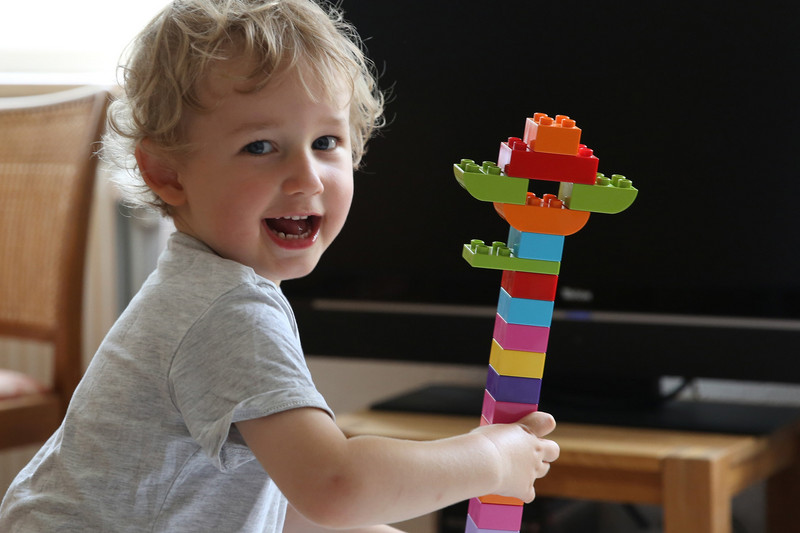Less Screen Time, more Imagination: New Study on the Effects of Media Usage

Imagine a field of flowers on a sunny day. Can you hear the birds twittering, smell the fragrance of the herbs and see the brilliant splashes of colour in the green meadow? You can do this due to your imagination.
Educators at the University of Regensburg have researched how the use of screens at home influences the development of this ability among children. The result of the study sponsored by the Software AG Foundation (SAGST) is that when children spend a lot of time in front of the TV, tablet or smartphone, it slows down their abilities to see images in their mind’s eye.
Among both children as well as adults, the imagination constitutes an important building block for cognitive functions such as thinking, solving problems, language and inventiveness. It appears to be based essentially on actual sensual experiences. Screens on the other hand convey almost exclusively visual and auditory experiences. This is especially true when we use them to consume images or films, as the stimuli and impressions in them are presented to the viewer in an already completed way. He does not have to create or add to them independently as is required when listening or reading.
“The less practice children have in producing their own internalised images, the more difficult it is for them to develop their power of imagination”, as Elke Rahmann summarises. According to the project manager at SAGST, what is interesting is that this also applies to supposedly active media such as smartphones, tablets or PCs. “This crucial study result”, she emphasises, “coincides with observations in the field of Waldorf education, which considers comprehensive sensory development as a significant basis for healthy growth.”
This is also why the scientists responsible for the study, Sebastian Suggate and Philipp Martzog, advise that digital media should be used sensibly and for more compensatory activity. “However, in general terms”, as the educators state clearly, “it is true that screen media cannot replace spoken language or reading aloud. In addition, children also need enough of an opportunity to play a creative part in the three-dimensional world and to have a variety of real experiences using all their senses.”
Those who are interested can find the complete results of the study in the journal Developmental Science (Suggate S and Martzog P: Screen-Time Influences Children’s Mental Imagery Performance).
